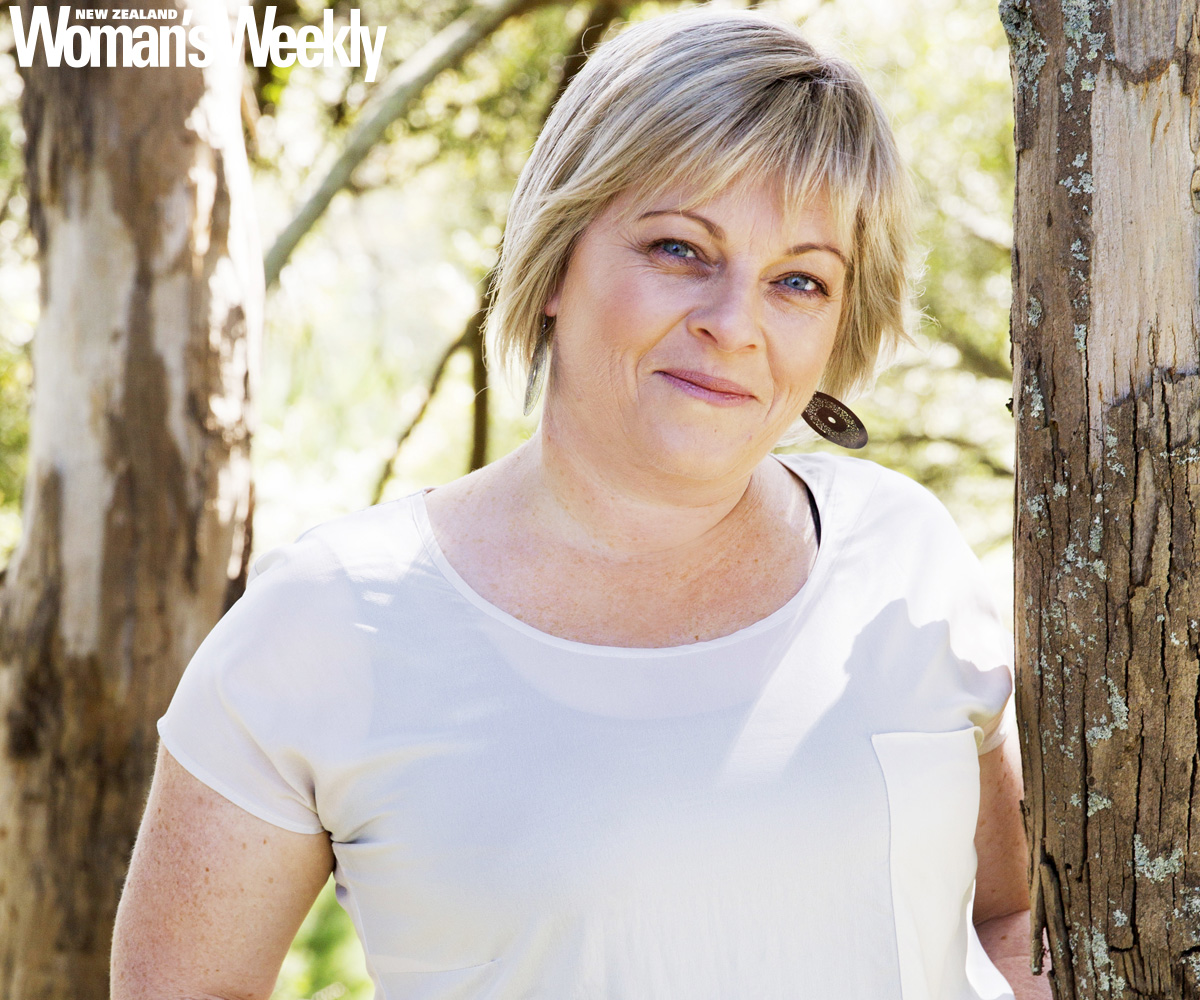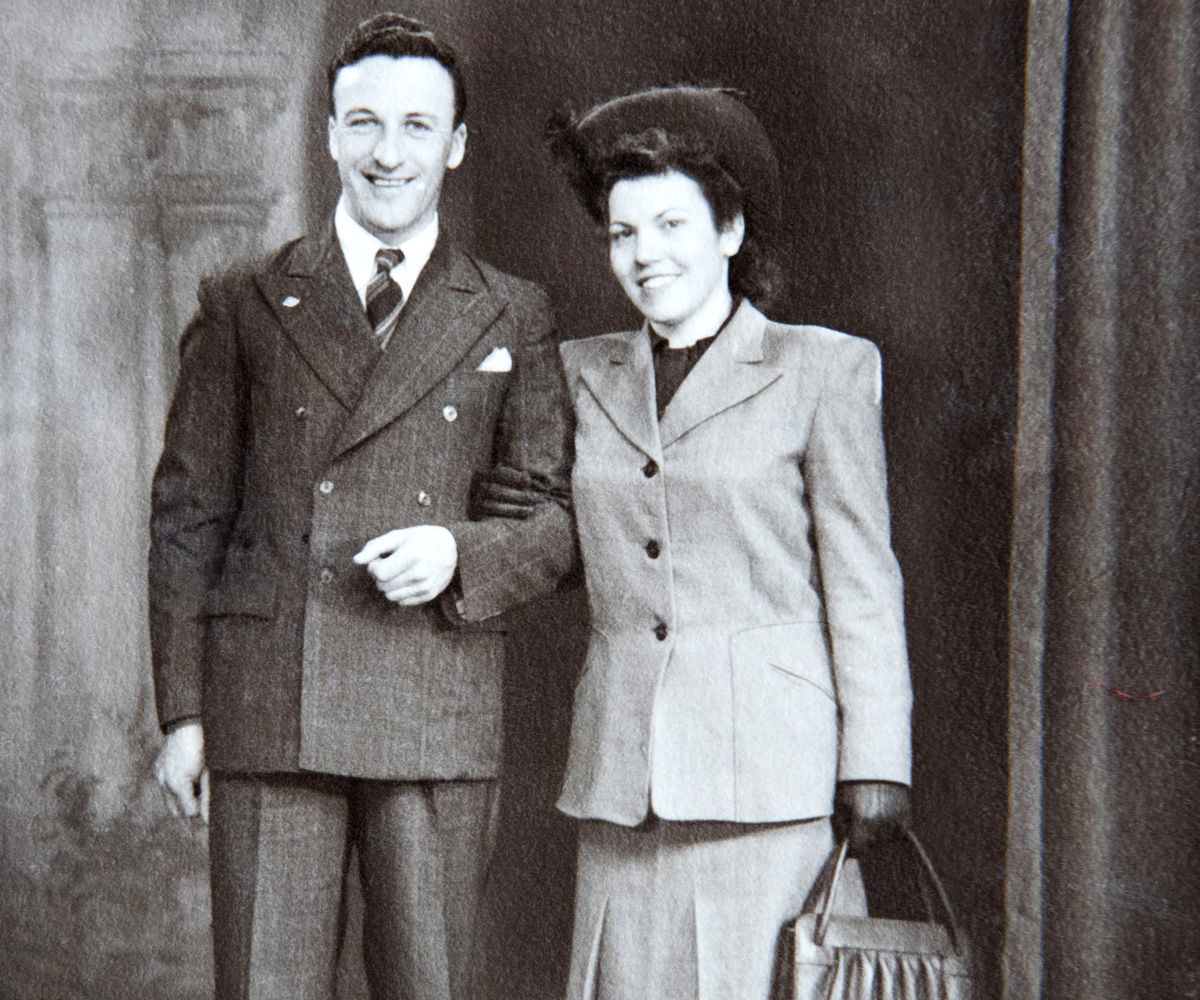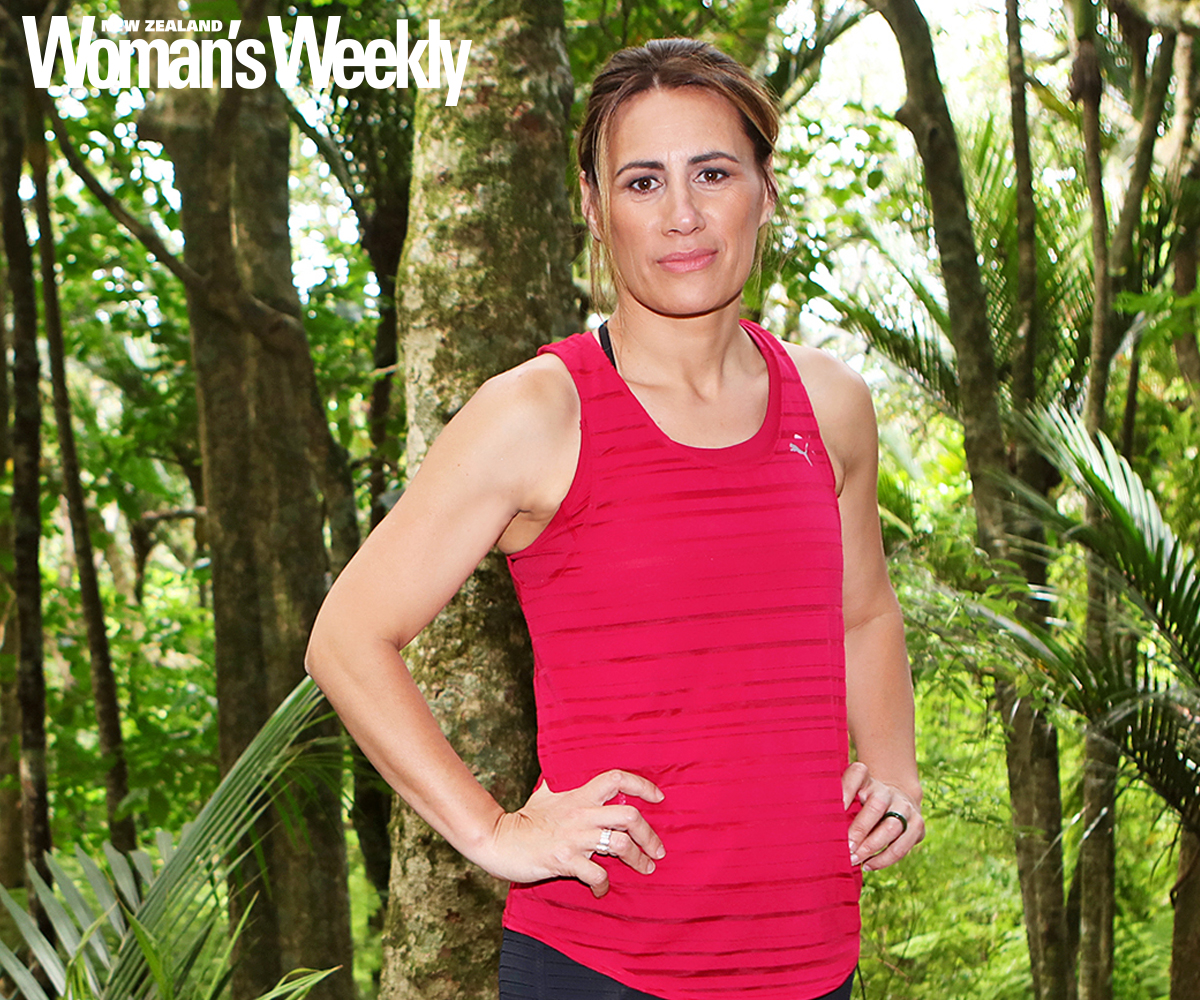“Write the damn book!”
This was the chorus of voices in Sarah Myles’ Hawke’s Bay hobby writing group.
A regular, she’d been hoping to muster the confidence to pen women’s fiction. But after returning from a spell away in New Plymouth to mark the one-year anniversary of her grandmother’s death, Sarah had made some interesting discoveries.
She’d started delving into the murky world of the Erebus disaster – of which her grandfather, Frank Christmas, was one of the 257 victims.
The topic was almost taboo in Sarah’s family, spoken about in the sparest detail, glossed over, buried, although never, ever forgotten.
On this particular day, Sarah had returned to her group with news.
She’d found the courage to ask her family questions about her poppa – she’d even met with some of her grandfather’s friends, her family’s funeral director and a mountaineer who had been first on the scene as a search and rescue co-ordinator.
When she finished sharing her story, Sarah says there wasn’t a dry eye amongst her friends.
“They told me, ‘Sarah, you need to stop writing women’s fiction – you need to write this!’ I immediately thought, ‘But we’re not anybody special, our story isn’t significant.’
“They all disagreed and were adamant – I needed to write the damn book.”
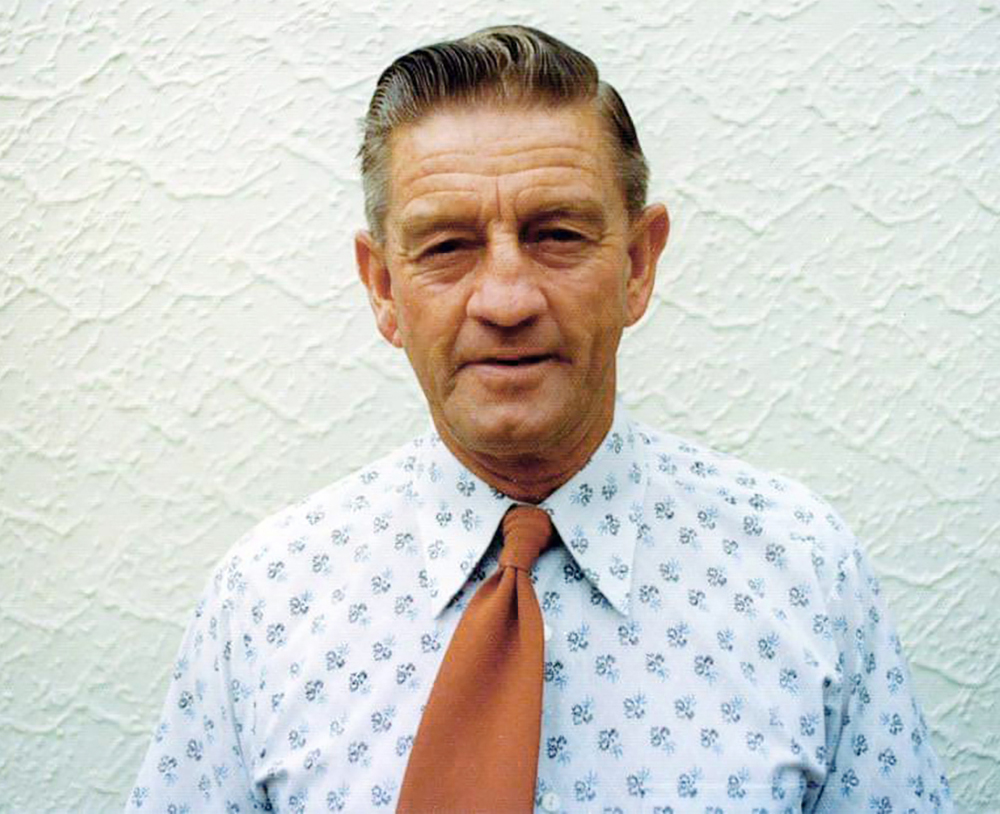
Frank Christmas was one of the 257 Erebus disaster victims.
Sarah (43) has few memories of her beloved poppa.
She recalls the smell of his green-house and the tomatoes as they ripened on the vine, and of sitting in his work van, eating a 50-cent lolly mixture.
“He was a builder and draughtsman, as well as an adventurer,” she tells, from her kitchen table in Napier, photos of Frank spread out before her.
“He loved travel and photography, and he was interested in the world.”
A sightseeing flight to Antarctica would have been, Sarah believes, a huge thrill.
“He had books of [Ernest] Shackleton’s adventures, so he would have felt great excitement leading up to the trip. He was quite social and I can imagine him enjoying the camaraderie and the hospitality on board.”
Of that time, the next thing Sarah remembers is being at her grandmother Eileen’s house, aged three, when some “big blue men” arrived at the door.
“It was the 17th of December 1979,” she begins, “and two policemen came inside. My father shut the door to the lounge so they could talk in private and I remember a tension, an electricity in the air.
“I now know that the officers were there to help identify my grandfather’s body. They had a piece of his shirt, a piece of his tie and his pants. My grandmother had shortened those pants right before poppa took the flight, so she was able to go to her sewing box and bring out the very same piece of fabric.”
Little could a tiny, traumatised Sarah know then that this moment would become the opening chapter of her debut book, Towards the Mountain.
All she knew then was that her grandfather was gone and the family’s world was suddenly shrouded in grief.
But life did go on. Sarah grew up, studied, travelled, met her husband Scott Russell (44) and had two beautiful daughters – Madeleine (11) and Neve (9).
She says she’d always been an avid reader, but never really wrote until just after her second daughter was born.
“I had terrible depression,” she candidly reveals.
“I chose not to take medication but went to professional counselling and started to work on myself, getting deep into my childhood and adulthood, and journalling as a technique to work through my pain.”
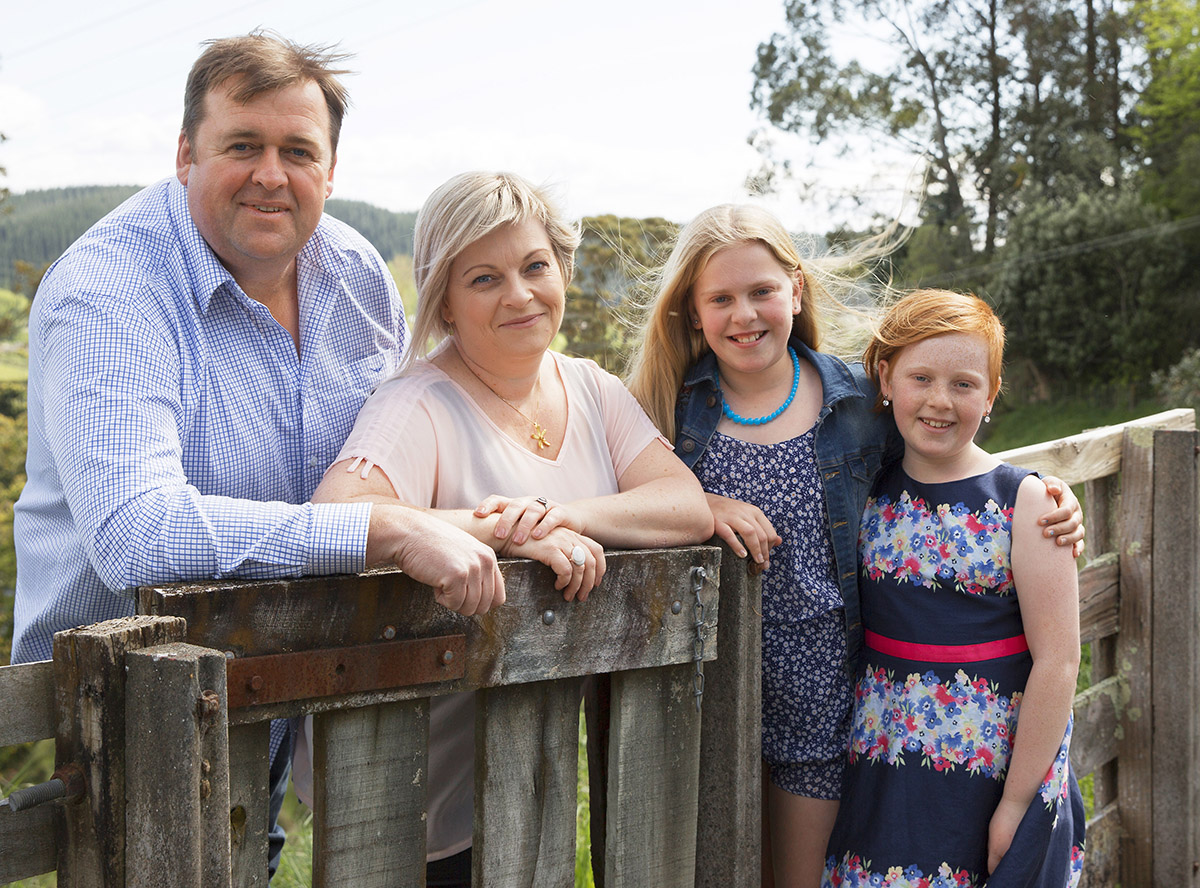
Scott, Sarah Madeleine and Neve are overjoyed that Sarah’s book will be published.
Sarah now understands that what she, and potentially thousands of other New Zealanders, experienced in the wake of the Erebus tragedy is something called transgenerational grief.
“It has to do with how we process trauma and inherit grief,” she says.
“And it explains how my sister, who was born in 1981 and didn’t know anything about Erebus, has displayed the same deep grief at anniversaries and exhibitions as those who lived it.”
Fast forward to that writers’ group meeting and Sarah says it became clear she had a story to tell and a lifetime of grief to unpack.
She began by requesting Frank’s coronial file from Archives New Zealand, which arrived with a note warning that the contents were distressing and advising she not open it alone.
Inside, she found a copy of his air ticket, the gruesome details of his death and how his body was identified.
Next, she tracked down one of the police officers who had recovered her grandfather’s body. From him, she heard a story of grief, shame and deep-seated trauma.
“The police involved had given their all in the recovery effort,” Sarah explains, “and when they returned home to New Zealand nobody knew how to talk to them.
“When they tried to put their clothing, which was covered in grease and human remains, through drycleaning they were turned down. And they say they were offered ‘help’ to move forward but in reality, they just felt studied.”
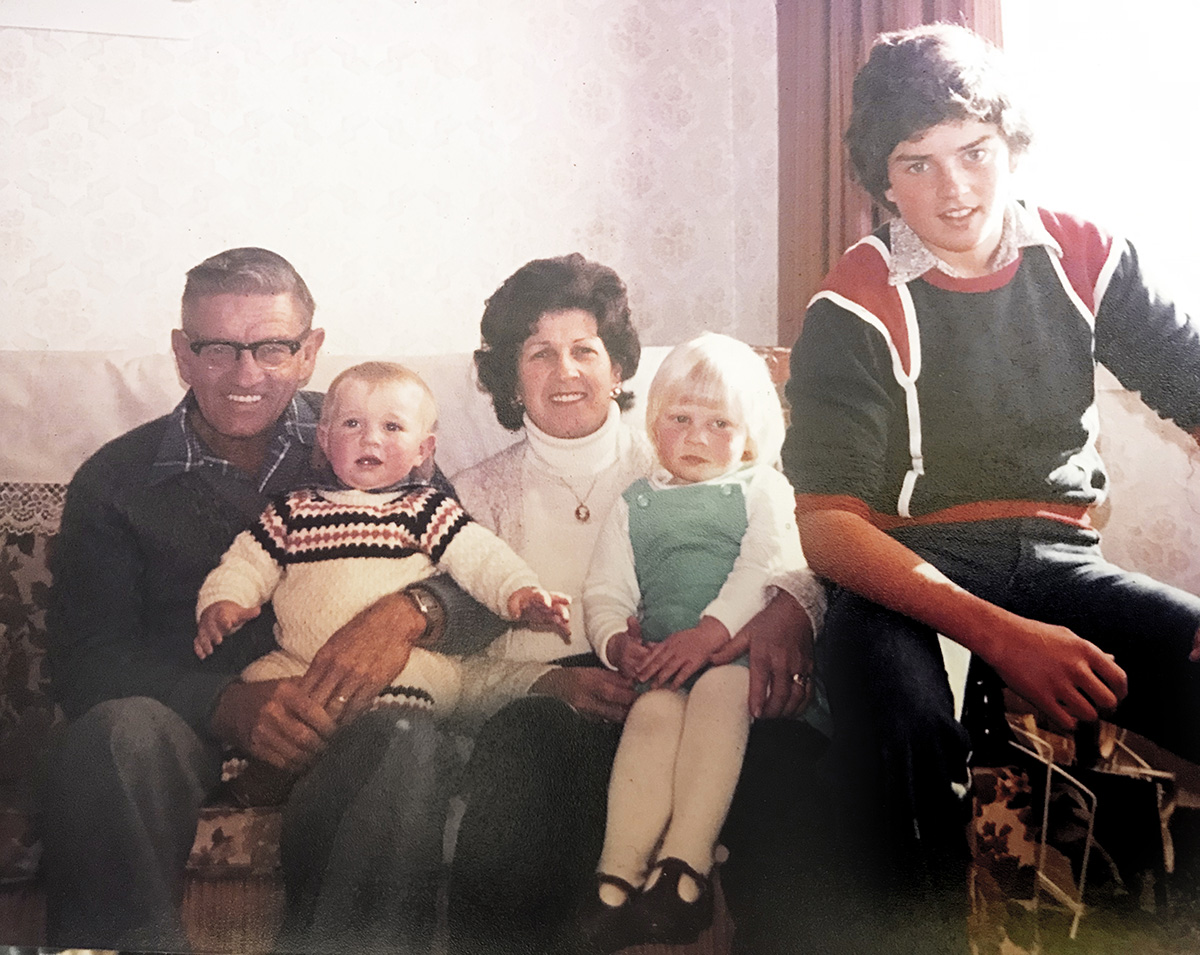
Frank, Sarah’s brother Andrew, Eileen, Sarah and Brett Christmas in 1979.
She also spoke with drivers, embalmers and officials, her own family and other families − anyone she could who was involved in the tragedy.
From there, bonds began to form and hugely personal stories were shared.
“There are thousands of family members affected by Erebus, and I might not know where they live or their favourite colour, but I do know the most traumatic thing that happened to our country in the last 40 years happened to them too.
“With them, I instantly go to a place of deep connection. It may only last five minutes or five hours, but there’s a genuine love and respect for each other which I am always amazed about.”
Sarah got busy piecing together her book and writing, all the while “sitting deep in grief”.
A writing mentorship programme in 2018 connected her with acclaimed author Sue Reidy, who helped further shape the book.
In January 2019, she found out that her final manuscript would be published and was over the moon. Her husband and girls, she says, are “so proud”.
Towards the Mountain might be finished, but Erebus is never far from her mind.
Sarah still sees her counsellor for ongoing therapy, but says that writing has helped heal her wounds, as well as those of her mother, aunts and uncles.
“Before, anytime you mentioned Erebus in my family it was like throwing a grenade into a room and waiting to see if it would go off,” she tells.
“But now, we talk about it all the time.”
And, she says, gazing at a photo of a young Frank, it’s brought her closer to her grandfather too.
“I’ve come to really understand him,” she says.
“But it’s also bloody unfair not to have had him around. He was the first person I loved that died and there’s a real sadness that comes when someone can’t love you back because of an untimely death.
“That pain never entirely goes away.”
